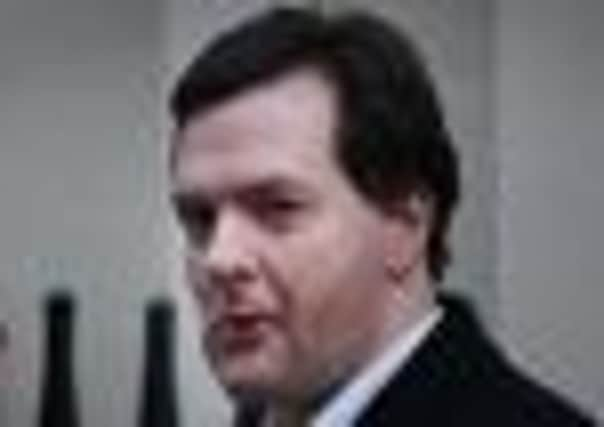Comment: The UK’s economic engine is running on empty


Put another way, there is no petrol in the economic engine.
Yesterday’s batch of year-end data confirmed the worst. The Office for National Statistics revised third-quarter growth downwards from 1 per cent to 0.9 per cent, puncturing the dream that this summer’s Olympics bounce was more than transient. We don’t have Q4 GDP numbers yet, but proof of stagnation comes in the news that service output – fully three quarters of GDP – basically flat-lined in October. Retail sales fell in October and remained flat in November.
Unless there is a sudden rush of consumers to the shops over the Christmas period, the omens for Q4 growth look bad. But yesterday’s latest index of consumer sentiment showed a sharp fall in confidence. UK households expect higher inflation and energy bills in 2013, which is denting their ability to spend. Meanwhile, household savings have soared to the highest in three years, as people struggle to pay off debt.
Advertisement
Hide AdAdvertisement
Hide AdAll this is having the predictable negative impact on government coffers. Despite Chancellor George Osborne’s neat accounting trick in the Autumn Statement of counting the auction of G4 mobile spectrum before the Treasury actually receives the cash, the latest figures for public borrowing look worrying. November’s net borrowing was well above forecast, suggesting Osborne will miss his debt reduction target for the financial year. Couple that with a return to recession in Q1 of 2013, and Britain’s triple-A credit rating will be under pressure.
With the Chancellor unwilling to change his austerity message, it is difficult to see much economic light in 2013, unless the new Governor of the Bank of England, Mark Carney, turns on the monetary taps. If the Bank were to buy mortgage securities in volume it could re-boot the construction industry, raise house prices and thereby increase consumer confidence.
Bah humbug! Well, it’s not always the case
Is Christmas bad for the economy, as Scrooge argued? Twenty years ago, in a famous study, an American economist by the name of Joseph Waldfogel conducted an experiment to find out. He asked his Yale University students two questions. First, estimate the total amount paid by the givers for all the Christmas presents you receive. Second, aside from the sentimental value of these presents, how much would you (the recipient) be willing to pay to get them?
Waldfogel’s study showed that, on average, most Christmas gifts were valued by the recipient at 90 per cent below the buying price.
So this Christmas, instead of a present, give the cash value of the purchase you intended to make. The receiver can then buy what they really want while you save 10 per cent! Plus you avoid the hell of Christmas shopping.
This missing 10 per cent economists call the deadweight loss: the waste of resources that could be averted without making anyone feel worse off. Fortunately, later research has found a loophole in Waldfogel’s findings. If you ask recipients to monetise the sentimental value of a gift, and add that in, everything changes. If the present is from someone you love, the final “subjective” valuation is greater than the shop cost. Isn’t economics wonderful. Happy Christmas.